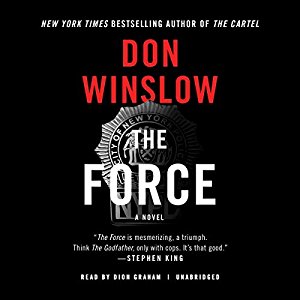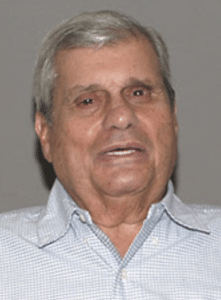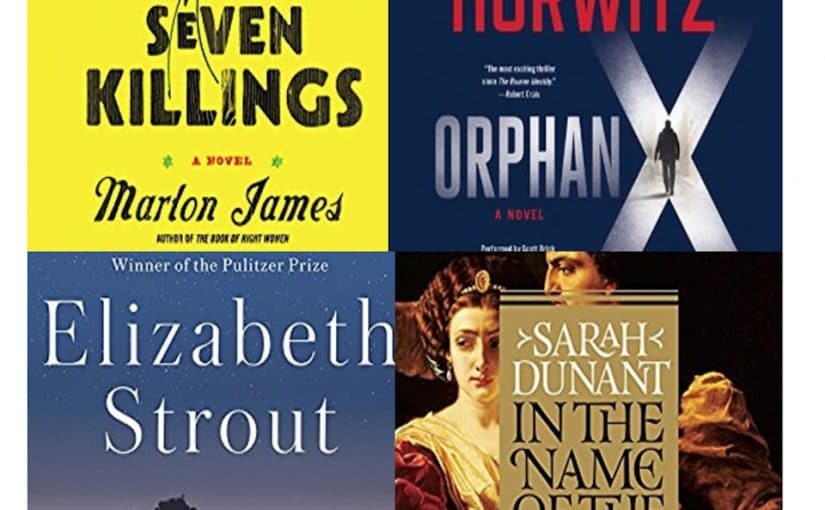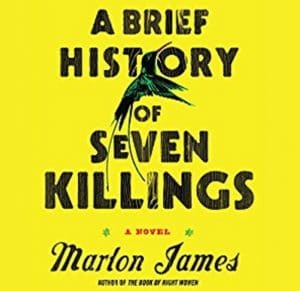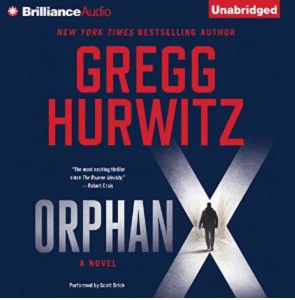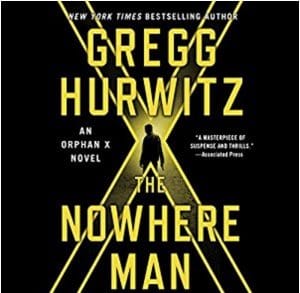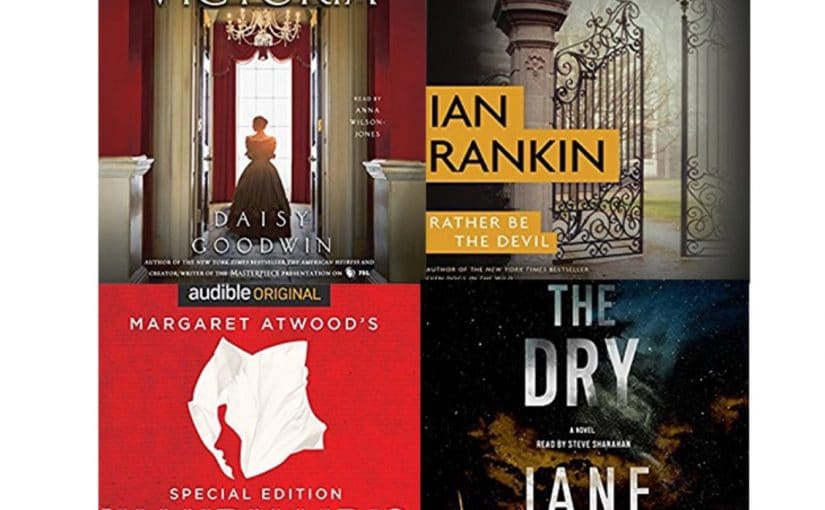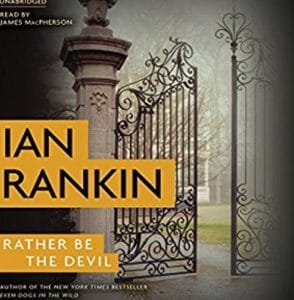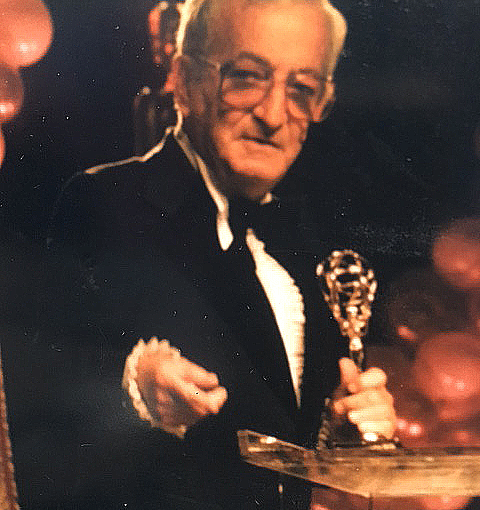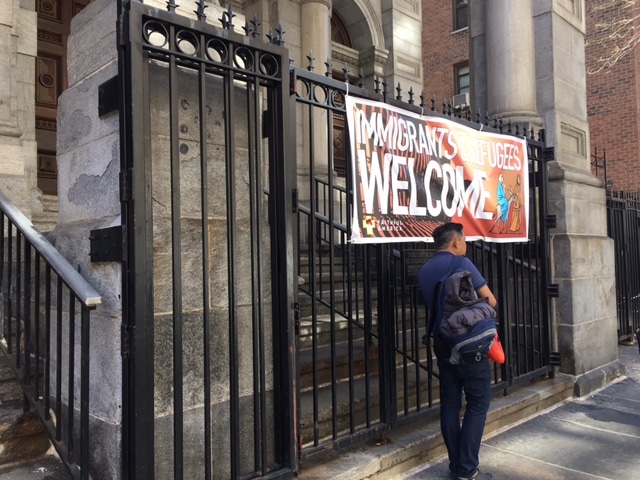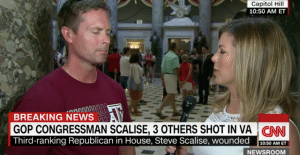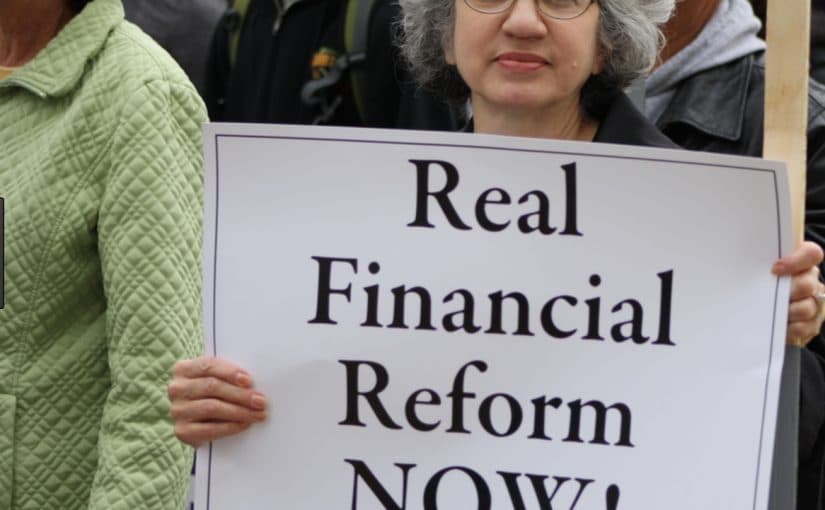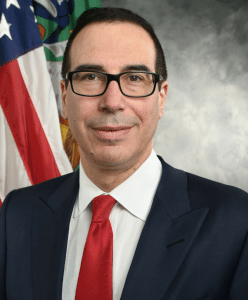ProPublica and The Virginia Pilot collaborated to report this story about the VA and the chemical herbicide Agent Orange, used in Vietnam, and a government official questioning whether exposure to it caused health problems. Former Marine First Lieutenant Peter Owen Bannon wrote his personal story for ConsumerMojo.com about Vietnam, Agent Orange and the long term consequences. You can read that here.
Veterans Affairs Official Downplays Agent Orange Risks, Questions Critics
by Charles Ornstein ProPublica, June 12, 2017, 8 a.m.
A key federal official who helps adjudicate claims by veterans who say they were exposed to Agent Orange has downplayed the risks of the chemical herbicide and questioned the findings of scientists, journalists and even a federal administrative tribunal that conflict with his views.
Jim Sampsel, a lead analyst within the Department of Veterans Affairs’ compensation service, told a VA advisory committee in March that he believes much of the renewed attention to Agent Orange — used during the Vietnam War to kill brush and deny cover to enemy troops — is the result of media “hype” and “hysteria,” according to a transcript of the meeting released to ProPublica.
“When it comes to Agent Orange, the facts don’t always matter,” said Sampsel, himself a Vietnam veteran who also handles Gulf War-related illness questions. “So we have to deal with the law as written.”
Part of Sampsel’s job entails reviewing evidence to determine whether a veteran or group of veterans came in contact with Agent Orange outside of Vietnam. By law, veterans are presumed to have been exposed to Agent Orange if they served or stepped foot in Vietnam; they have to prove exposure if they served at sea or in another country during the war. They also must have a disease that the VA ties to exposure to the herbicide.
“From my point of view, I will do anything to help veterans, any legitimate veteran, and I’ve done it plenty of times,” he told the Advisory Committee on Disability Compensation, a group that advises the VA. “Unfortunately when it comes to this Agent Orange, we have to have a lot of denials.”
Sampsel also offered a window, for the first time, into ongoing internal deliberations at the VA about adding new diseases to the list of those connected to Agent Orange exposure. He suggested that despite increasing evidence tying the herbicide to hypertension, or high blood pressure, the VA is not going to extend benefits to veterans with that condition.
Reached by phone, Sampsel said, “You’re going to try to frame me, too,” before referring a reporter to the VA’s media relations office. ProPublica and The Virginian-Pilot examined the effects of Agent Orange on veterans and their offspring in a series of articles in 2015 and 2016, raising questions about the VA’s handling of the matter.
The VA provided two written statements in response to questions for this article. Initially, a spokesman said that Sampsel was speaking as an individual at the meeting, and not for the VA.
“The objective of a federal advisory committee is to have open and public discussion of the issues for which it is chartered from the experts who understand and bring their own unique perspectives,” the statement said. “The March 2017 meetings were no exception and Mr. Sampsel’s comments did not fully or accurately reflect VA’s position concerning these issues.”
The VA said no decisions have been made about which new diseases to add to its list of those linked to Agent Orange exposure.
Asked whether it continued to support Sampsel, the VA said in a subsequent statement that he “is highly dedicated and respected within and outside of VA for the work he has done to establish many of the present policies that provide veterans, their families and survivors the benefits they are entitled to under the law.” The department also questioned the quotes a reporter asked about from the advisory committee meeting. “Taking quotes out of context without fully understanding the law, science, reasons or intent behind those words is a disservice to the advisory committee and the veteran community at large as well as Mr. Sampsel.” (Read the full transcript.)
Veteran advocates said they were furious to learn a VA official charged with objectively weighing evidence related to Agent Orange had shared controversial personal views.
Rick Weidman, legislative director for Vietnam Veterans of America, said he met with VA Secretary David Shulkin last week and told him, among other things, that Sampsel and others in the Veterans Benefits Administration need to be replaced. “Where they are now is doing active evil,” Weidman said. He added that he doesn’t expect Sampsel and other VA employees to necessarily be advocates “but we do expect them to be neutral and honest arbiters of science — and they are not.”
Although Agent Orange hasn’t been used in more than 40 years, it remains controversial because it contained dioxin, one of the world’s most toxic chemicals. Its effects can take decades to show up. Scientists continue to associate exposure to Agent Orange with diseases, and the VA continues to weigh whether to extend benefits to groups who say they were exposed to it outside of Vietnam.
Members of Congress who are leaders on veterans’ issues said the VA has an obligation to care for vets injured by Agent Orange. “I strongly believe we must do everything in our power to ensure veterans struggling with negative health effects as a result of exposure to Agent Orange receive the care and compensation they deserve; we owe nothing less to these brave men and women who have sacrificed more than enough for our country,” Rep. Tim Walz, D-Minn., the ranking Democrat on the House Committee on Veterans’ Affairs, said in a statement.
Among Sampsel’s statements:
-
He said he believes Agent Orange contained “very, very small amounts” of dioxin, which was quickly destroyed by sunlight and the open air. “That’s not commonly acknowledged by advocates,” he said. Moreover, Sampsel said, U.S. planes did not spray it when American troops were in the area.
In fact, a report by the Aspen Institute notes that on leaf and soil surfaces, dioxin will last one to three years and that dioxin under the surface could have a half-life of more than 100 years. Moreover, scientists have said that there are numerous ways in which American troops may have been exposed to the herbicide and some disagree that few troops were exposed.
-
Sampsel pushed back against claims that veterans who served outside of Vietnam were exposed to Agent Orange. “When we get to outside of Vietnam, there’s a lot of controversy about Agent Orange use. And primarily it’s media hype, in my opinion.”
In fact, veterans who served in Thailand, near the Korean demilitarized zone, in Okinawa, Japan, and aboard ships off the coast of Vietnam contend they were exposed in a variety of ways. Some have produced memos, photos and testimonials that have been enough to convince the Board of Veterans Appeals, the VA’s tribunal, that there was sufficient evidence to prove exposure and that they were entitled to benefits.
-
Sampsel criticized the Board of Veterans Appeals for its decisions. “BVA is, can do anything they want. I don’t know if everybody understands BVA. BVA has caused a lot of, what I would call misinformation about Agent Orange issues.”
A member of the advisory panel, Thomas J. Pamperin, responded to Sampsel at the March meeting: “A decision by the Board of Veterans Appeals is the secretary’s final decision. I mean, we can’t distance ourselves from the Board of Veterans Appeals. It is part of the VA.”
And in its statement, the VA said it, too, respects the BVA. “BVA is the highest appellate authority in VA,” it said. “They are attorneys who review the evidence of record and make decisions.” While the VA may not always agree with a decision, “their decisions are final and are implemented when issued.”
-
Sampsel criticized the prestigious Institute of Medicine, a congressionally chartered research organization hired by the VA, which in 2015 determined that the evidence suggested that a group of Air Force reservists could have been exposed to Agent Orange years after the Vietnam War when they flew aboard the C-123 planes that had been used to spray the herbicide.
“One scientist from Harvard or somewhere said that dried, solidified TCDD dioxin never stops emanating molecules into the air,” Sampsel said. “Hardly anybody bought that at the time, but the IOM went with it.”
He added a bit later: “I don’t think the science supports it. Most scientists don’t think the science supports it, but the law is what it is.”
The Institute of Medicine, now called the National Academy of Medicine, found that the dioxin present on the aircraft could have exposed reservists who flew the planes years later. In its report, it said one contention of the VA and its expert, Alvin Young, was “inaccurate,” another “appears to be conjecture and not evidence-based” and a third was based on a study funded by Dow Chemical Co., one of the herbicide’s makers.
In its statement, the VA said the Institute of Medicine “provides a valuable service to VA.”
-
Sampsel favorably cited Young, an Air Force officer, federal official and later the government’s go-to consultant, who has guided the stance of the military and the VA on Agent Orange and whether it has harmed service members. “I’m not the scientist,” Sampsel said at one point. “But I know that Dr. Alvin Young and the majority, the vast majority, of scientists don’t think that anybody gets any harmful effects from something that’s in the soil, buried in the soil.”
But ProPublica and The Virginian-Pilot reported last fall that critics say Young’s work is compromised by inaccuracies, inconsistencies or omissions of key facts, and relies heavily on his previous work, some of which was funded by Monsanto Co. and Dow Chemical Co., the makers of Agent Orange. Young also served as an expert for the chemical companies in 2004 when Vietnam vets sued them. In an interview at the time, Young defended his work.
-
Sampsel said Young’s research showed that Agent Orange “never went to the Philippines, never went to Okinawa, never went to Guam,” as some veterans contend.
A member of the panel interjected because he felt that Sampsel was being overly broad.
“I’m sorry. I’m sorry. Yes, yes. You’re, you’re absolutely correct,” Sampsel said, noting he should have said there was currently no evidence. “And if evidence does show up, we’ll certainly change our policy. … You’re right.”
During his presentation, Sampsel also summarized internal deliberations within the VA about which diseases should be formally linked to Agent Orange. Last year, the Institute of Medicine said there is now evidence to suggest that Agent Orange exposure may be linked to bladder cancer and hypothyroidism. It also confirmed, as previous experts have said, that there is some evidence of an association with hypertension, stroke and various neurological ailments similar to Parkinson’s Disease.
Since then, a VA-led study has found stronger evidence to link hypertension to Agent Orange exposure. The VA has been reviewing the matter since last year to decide whether to cover the diseases.
Sampsel said the Veterans Health Administration had recommended that the VA acknowledge the connection between Agent Orange and hypertension, but that benefits officials at the VA worked to kill that effort and believe they succeeded.
“I believe the secretary, the information I got recently, is not going to go with hypertension. As to the other ones, there’s the likelihood that they’ll become added to the list,” Sampsel said.
The VA, in its statement, said it could not comment on internal discussions “other than to say those deliberations are underway.” But it did note that no recommendations had gone to the secretary for his consideration.
If the VA ultimately decides to add hypertension to its list of covered diseases, it could be costly. Hypertension is the most common ailment among veterans seeking health care at the VA — indeed it is one of the most common ailments among older adults generally.
ProPublica is a Pulitzer Prize-winning investigative newsroom. Sign up for their newsletter.
![]() Read about the trip to the beautiful Bay of Kotor and Kravice Waterfalls
Read about the trip to the beautiful Bay of Kotor and Kravice Waterfalls ![]() Read about the trip to Zagreb
Read about the trip to Zagreb









